What are positive parenting techniques? Learn 5 things that your kid needs to hear besides the phrase “I love you.”
I say it when my kids wake up. I say it when they leave for school. Then, I say it when they get home, go to bed, and anytime they leave. Also, I sprinkle it in other random times throughout the day.
In our home, the phrase “I love you” has become as common and accessible as the air we breathe. It has become as meaningless as “what’s new?”
While I know there are worse problems for my kids to have, saying the phrase so often has truly diminished it’s meaning. The habitual way we repeat this phrase has transformed it from a deep sentiment of affection to it basically meaning “hi” and “bye”.
Instead of connecting us, it has become routine words that just fall out of our mouths at mandatory times in the day.
Of course children still need to be told “I love you”, but there are other things they need us to say on a daily basis to contribute to brain development and mental health.

Also learn 25 things to say instead of good job here!
What is Positive Parenting?
First, I will give you the actual textbook definition of positive parenting, and then we will talk about it in a more natural way.
Positive parenting refers to a gentle and connected approach to raising kids, and supporting more than just their basic needs. It includes being sensitive to children’s individual needs challenges that arise in early childhood, and approaching parenting with empathy and respect.
There will always be a power struggle between parents and young children, but instead of thinking of it as bad behavior, we can use natural consequences and positive reinforcement to encourage good behavior.
The best way to approach this is to give your child clear expectations and logical consequences, to help your child make better choices.
What does this all really mean? Luckily, there are five simple phrases that sharpen your positive parenting skills that develop mutual respect and sharpen your child’s self-esteem.
Related: Positive Discipline Techniques for Raising Strong Willed Kids
What Kids Really Need to Hear From Us
Many psychologists describe love as an emotional attachment (Hazan & Shaver, 1987). They explain that love depends on the quality of a relationship, rather than viewing love as a “yes/no” question.
If “I love you” feels routine, your child may need a little help understanding how you truly feel about them in other positive ways.
These 5 phrases and positive parenting strategies will help you develop a positive relationship with your kids, and translate how you really feel about your child into ways they can easily understand:
1. What is your opinion?
Recently, my husband and I were talking getting a gift for a friend who had a death in the family. I decided to ask my 10 year old son what he thought. He said he thinks we should get them a candle so that they could remember their family member when they lit it.
You value your kid’s opinions, but they don’t always realize that.
When we ask our developing kids how they feel about something, we can show them that we can about how they feel. Additionally, we can open the door for conversations that we usually wouldn’t have.
Related: 5 Positive Ways to Set Your Kid up to have a Beautiful Adulthood
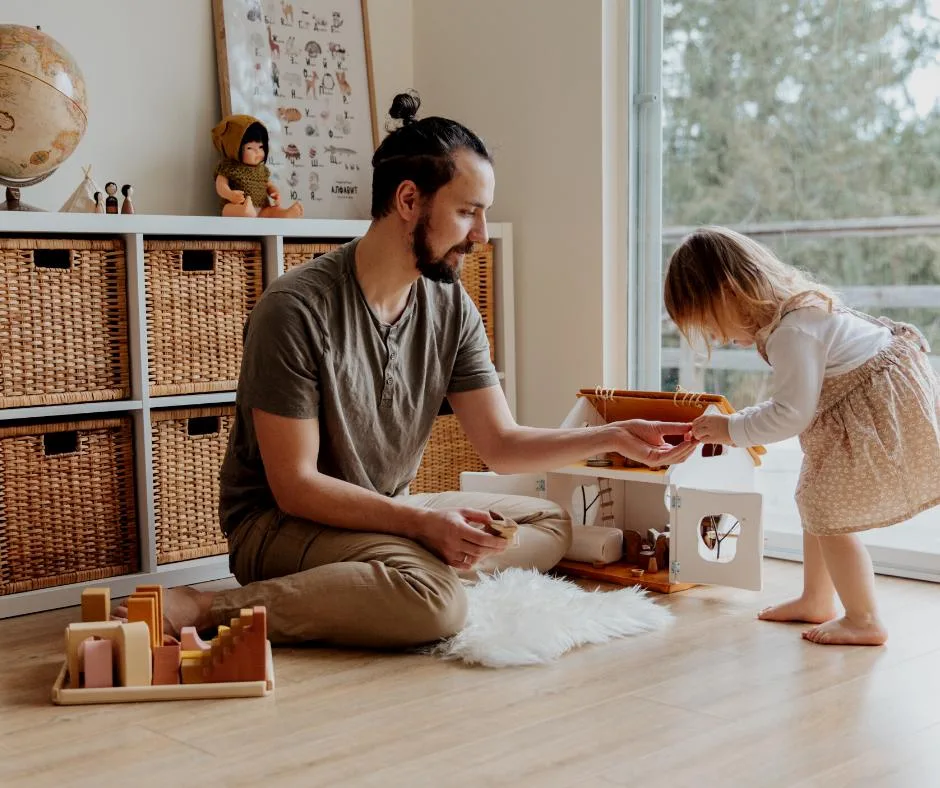
2. I am proud of you
I can honestly say that I can’t always spell all of the words on my third graders weekly spelling test.
Our kids work hard. School is demanding, and many of our kids are in activities, help around the house, or do other random extraordinary things.
Don’t forget to acknowledge important things that your kids do by saying “I am proud of you”.
Your kid doesn’t have to ace a test or come in first place for you to be proud of them. You can simply say “I am proud of you for trying” or “I am proud of how you worked hard and didn’t give up”.
Related: 5 Ways to Hardwire Kids for Happiness
3. I appreciate what you did
As kids get older and moves through each developmental stage, you will start to see some of your parenting efforts finally sink in.
Maybe you had to remind your kid to say “thank you” 1 million times before they do it unprompted. Or, your “be kind” lectures may pay off when you see them hold the door for someone.
Showing them some appreciation will help them realize you notice their growth.
Related: How to Set up Kids for a Beautiful Adulthood
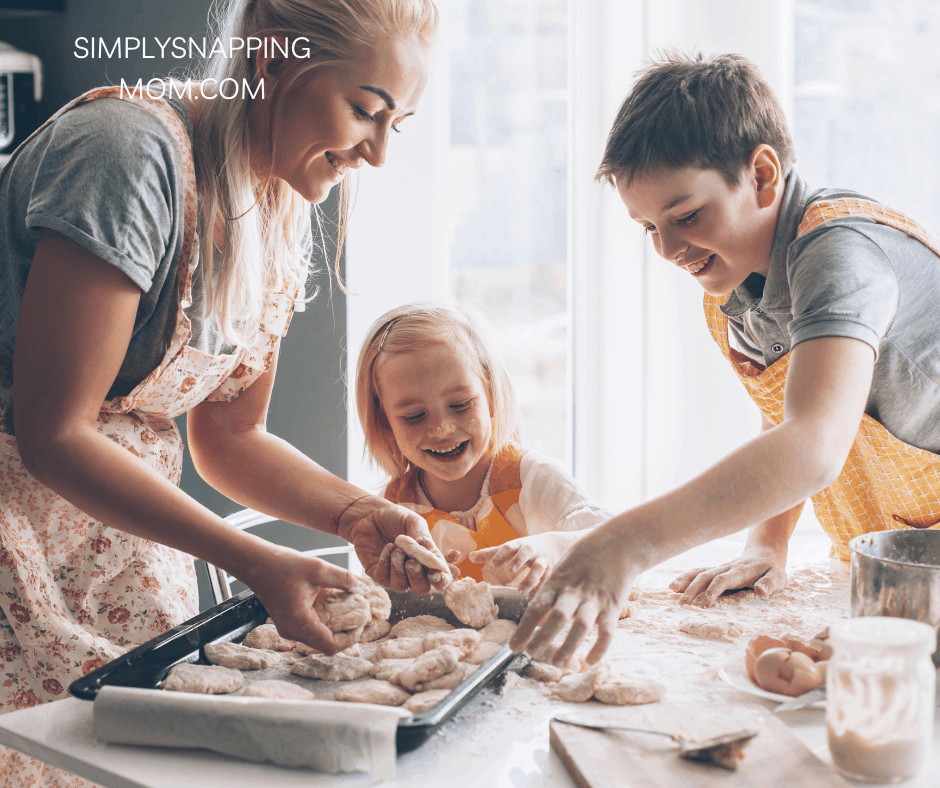
4. Nobody is perfect
Mistakes happen.
As adults, many of us learned this the hard way; however, most kids don’t fully understand this.
Unless you tell them otherwise, kids will think that you demand perfection. It is healthy to set boundaries and expectations, but you must also support them when they fail or mess up.
This simple comment helps your child feel that you have unconditional love for them.
Talk them through obstacles with a supportive tone, not a judgmental one. They need to feel that your love is unconditional and not just dependent on their successes.
You may also like: Encourage positive behavior with these positive parenting tips
5. You can tell me anything
I proactively tell my kids on a regular basis that they can tell me anything.
I want my kids to feel comfortable coming to me to talk about anything – no matter how awkward, upsetting, weird, or silly. Kids will only approach you about negative emotions if they feel unjudged and loved.
You can encourage your child to open up by talking about your own emotions and shortcomings and your daily life. This is a part of healthy development and building emotional intelligence.
Related: How to Help Your Kids with Big Emotions
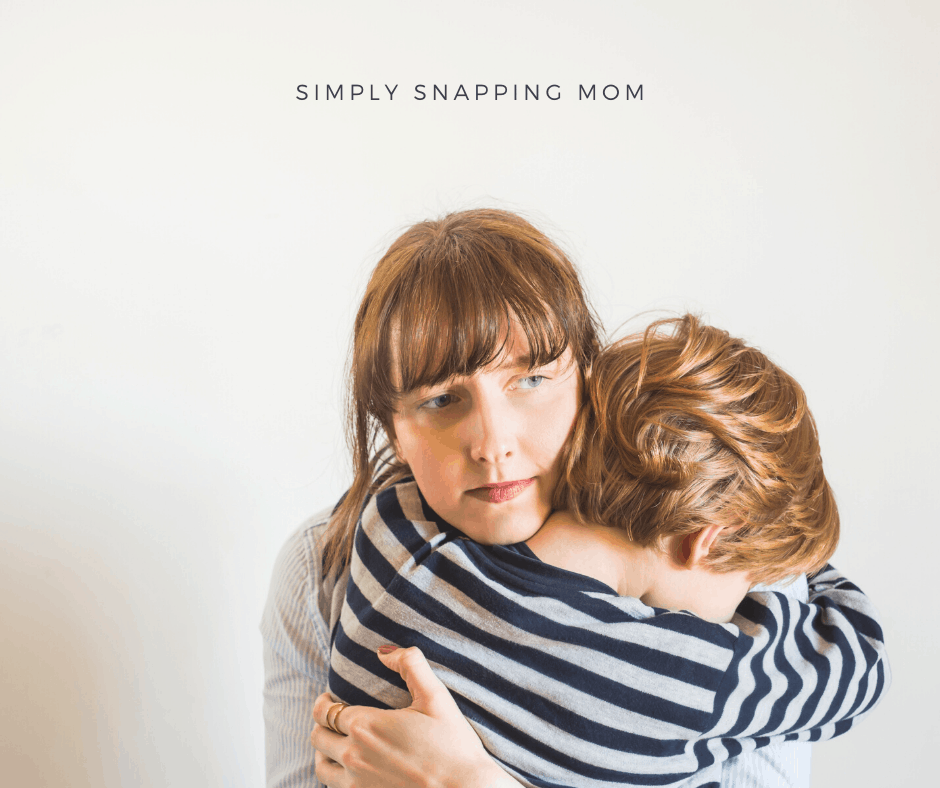
Final Thoughts on What are Positive Parenting Techniques
A little affection mixed with genuine words can go a long way with kids.
These simple positive parenting approaches will help you be a better parent and bond with young or older children on an entirely different level.
If you feel like “I love you” has worn out it’s welcome, try saying these 5 things that speak a love language that your kids hear loud and clear.
Share this or follow us on Facebook for more discussions.
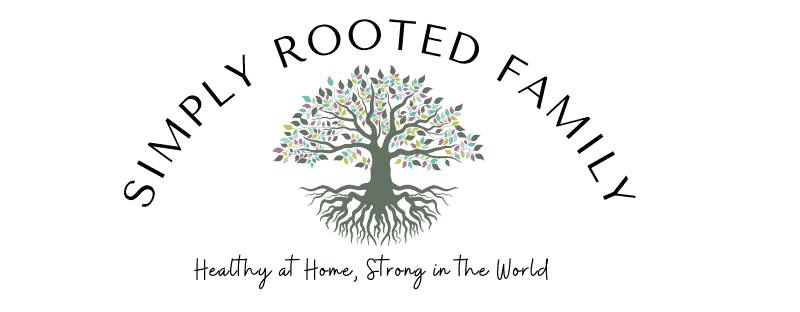
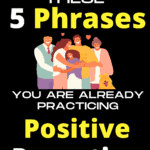
Cabbie G
Friday 10th of June 2022
"You make me happy!" my 2-year-old granddaughter told me during a game of "catch." My response was a delighted, "You make me happy, too!" She had just overheard Mommy tell her ADHD older sister, "Erg! You make me so angry!"
I thought this was a revealing glimpse into the toddler's developing understanding of family relationships. After that, we spontaneously declared our happiness whenever we played together.
admin
Friday 10th of June 2022
This is beautiful :)
5 Ways Your Kid is Telling You That You're Too Strict of a Parent - Simply Rooted Family
Wednesday 6th of April 2022
[…] Related: What is Positive Parenting? […]
5 Creative Ways to Make Kids Feel Valued and Respected at Home - Simply Rooted Family
Friday 25th of March 2022
[…] You are already practicing positive parenting if you use these 5 […]
Michele
Friday 14th of May 2021
The way I feel is "I love you" doesn't mean anything when it's met with statements criticizing their opinion, their mistakes, making them feel like an option, not a priority, or showing them appreciation. I could never tell my mom anything because her response was always so negative. So if and when she said I love you... it meant nothing to me because her actions said otherwise.
Renata Green
Thursday 13th of May 2021
Kids cannot get enough encouragement and support - it's an investment in their happy adult life :-)